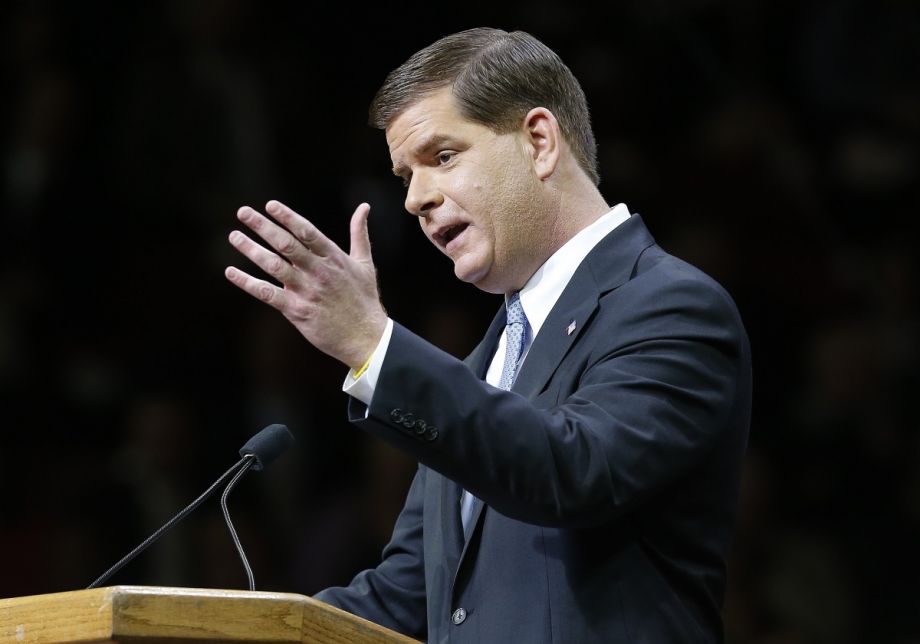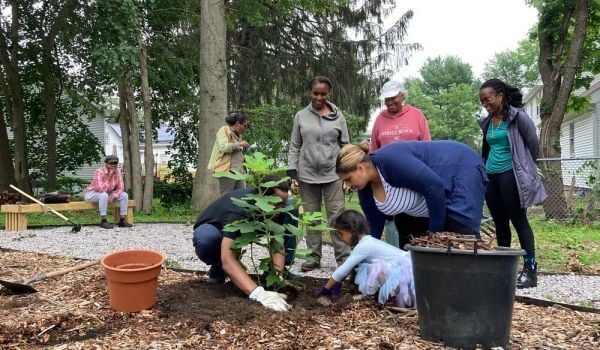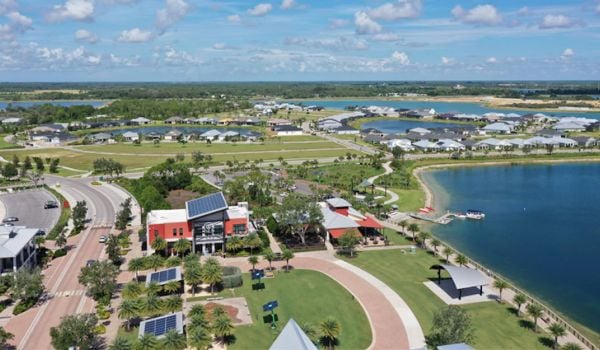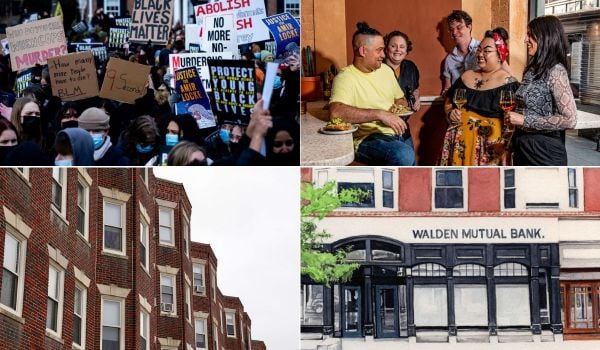It’s Environmental Justice 101: Just as the brunt of pollution (asthma rates, unsafe drinking water) tends to fall on low-income communities of color, the worst impacts of climate change are likely to do more damage to the health, property and economic stability of historically underserved communities.
But while it’s a fairly mainstream concept at this point, firmly ensconcing that equity lens in public policy (and not just slipping “equity” into climate and resilience policies as a buzzword) is still rare. Boston Mayor Marty Walsh has announced an ambitious plan to change that — but while his administration is developing a track record of at least addressing publicly imposed environmental injustices, some see his actions as mere politicking in a heated election year.
Last week, Walsh unveiled “Resilient Boston: An Equitable and Connected City” in partnership with 100 Resilient Cities (see more Next City’s coverage of the organization’s work with cities here, here and here). The concept of systemic racism is front-and-center in the plan.
From the Boston Globe:
It outlines short-, medium-, and long-term action plans around four visions: reckoning with the city’s history of racism, promoting “an inclusive and collaborative city government,” creating equity in economic opportunities, and developing infrastructure to protect Bostonians from climate change and other natural threats. …
Among other initiatives, the plan pledges to hold training for city staff, promote small business lending in historically underserved neighborhoods, augment the city’s affordable housing stock, establish dual-enrollment programs between high schools and area universities, and conduct a citywide #IAmBoston storytelling campaign.
“True resilience requires us to go beyond treating the symptoms of inequality, to changing the structures that produce it,” the mayor said in a statement. “To be a strong city, we must learn to understand one another, break down the systemic racism of our history, and advocate for the rights of every Bostonian. We will build a resilient Boston — prepared to confront the many challenges of the 21st century — upon a foundation that protects equal opportunity for everyone.”
As Jen Kinney wrote for Next City last year, the city’s chief resilience officer, Atyia Martin, was chosen specifically “to address [this] confluence of income inequality, housing affordability, poverty, racism and disaster recovery.”
But the plan is not without its critics.
“We are tired of yet another report filled with empty promises,” City Council Member Tito Jackson said in a recent statement, as reported by the Globe. Jackson is running against Walsh in this year’s mayoral race, and has criticized the mayor for “failing to correct persistent disparities across the city,” according to the paper.
The resilience strategy can be viewed here.

Rachel Dovey is an award-winning freelance writer and former USC Annenberg fellow living at the northern tip of California’s Bay Area. She writes about infrastructure, water and climate change and has been published by Bust, Wired, Paste, SF Weekly, the East Bay Express and the North Bay Bohemian
Follow Rachel .(JavaScript must be enabled to view this email address)
















